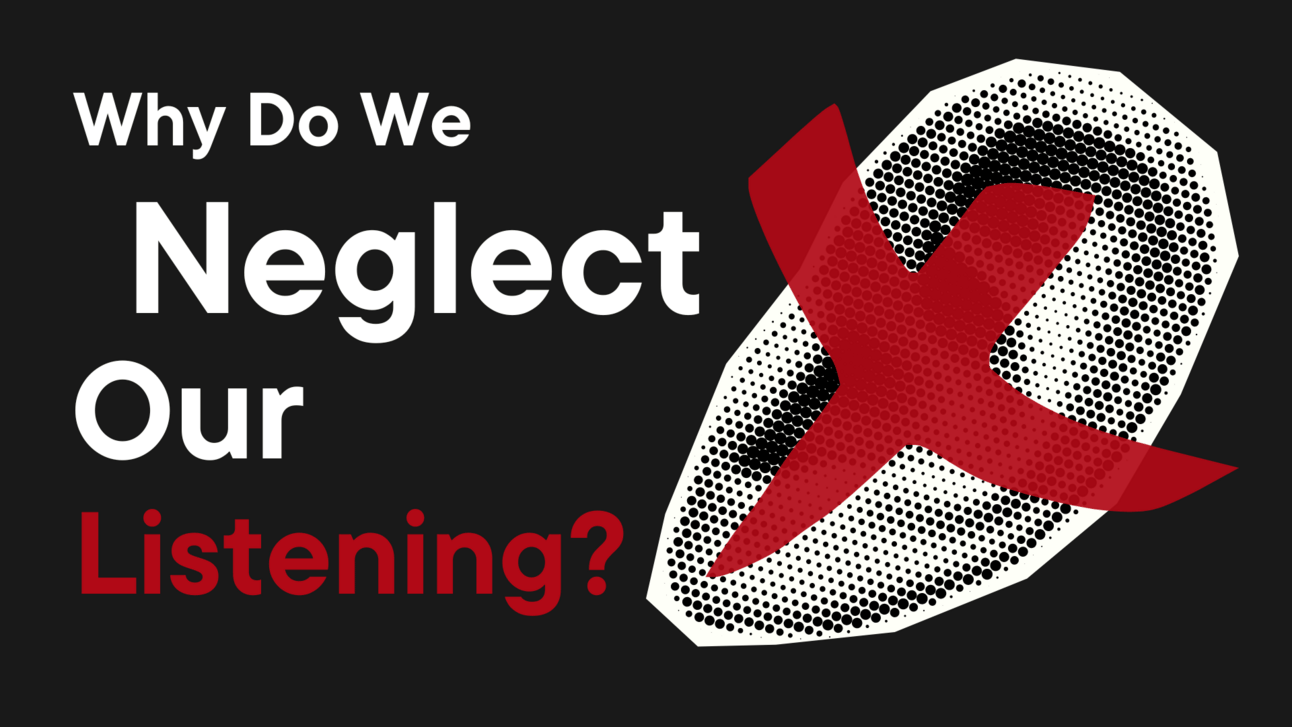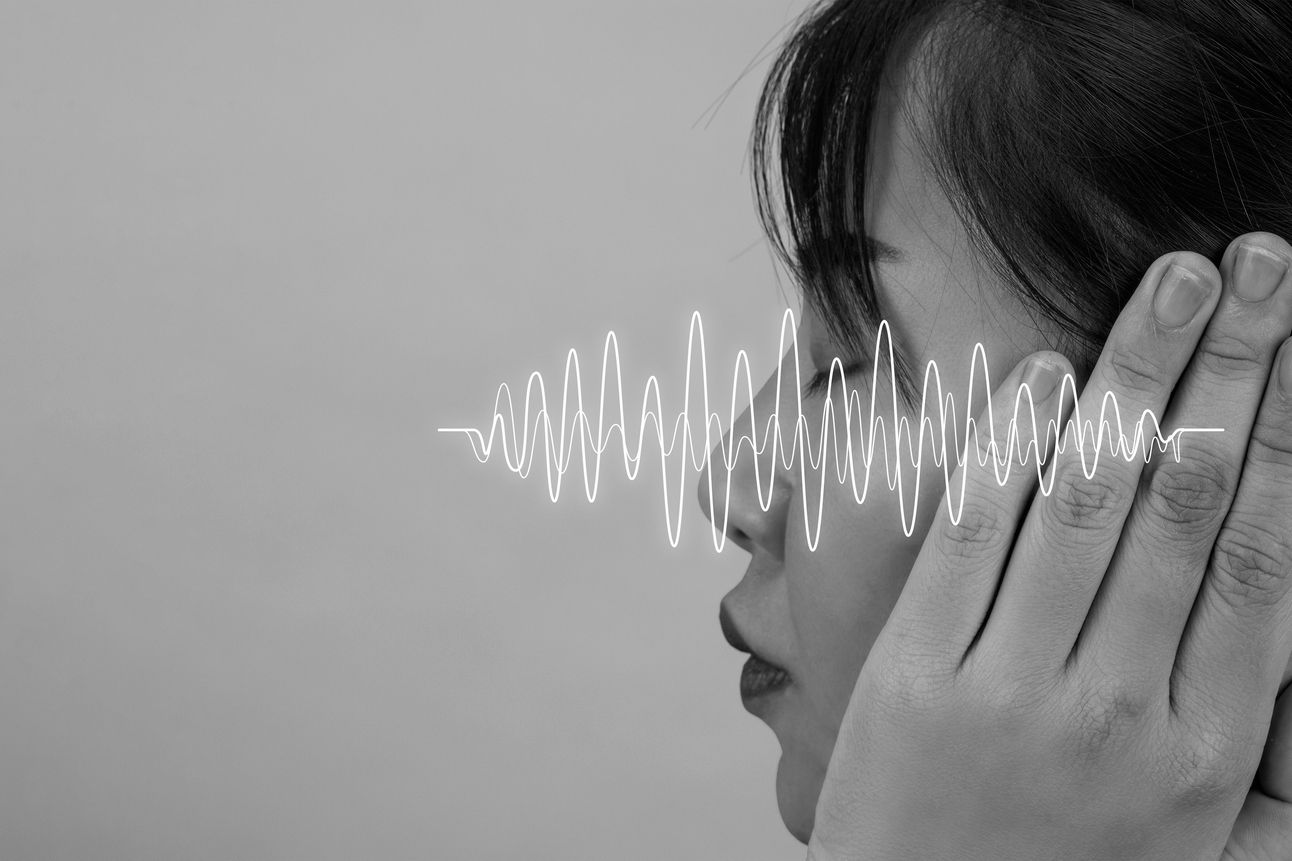- Founders Pulse
- Posts
- 🔕 Why Do We Neglect Our Listening?
🔕 Why Do We Neglect Our Listening?
Do not ask question number two until number one has been answered.

Hey, new here? Welcome! 👋
Before we take off, there’s only one thing you should do👀
Join a community of ambitious individuals eager to explore the depths of human nature and discover the keys to successfully managing these interactions by subscribing here. 📩
🔎Welcome to RelUp!, we help you understand people better.👥
🧐 What You’ll Discover Today❓
👉 Your ability to listen can make or break your relationships.
👉 When someone talks to us, we often find ourselves trying to redirect the attention back to ourselves.
👉 After ten minutes of listening, most people begin to drift and can remember less that half of their initial level of remembering.
Ready to dive deeper? Let's explore together...🚀
🛑 The Overconfidence Trap
We all have friends, or probably more than one, who start conversations by asking about us only to quickly shift the focus onto themselves. But it's not just them—when someone talks to us, we often find ourselves trying to redirect the attention back to ourselves, don't we?
So why are we often more eager to be heard than to listen to others?

People generally believe they are superior listeners compared to those around them. While most of us recognize the issue of poor listening, we tend to attribute this problem to others, resulting in the mentioned imbalance.
As Epictetus, a Greek philosopher, once observed that since we were created with one mouth and two ears, we should spend twice as much time listening as talking. More of us should follow this advice.
💡The way you listen shapes how I express myself, and other way around, the way I communicate influences how you listen. This realisation reveals the immense power of listening as a skill.
Truly listening to someone requires all of our attention. Ask yourself, when was the last time you put that effort into your communication with others?
⚠️ Impact of Information Overload
At any moment the continuous flow of information and distractions that we experience in our everyday lives impacts our listening, as our attention becomes increasingly fragmented.
We are constantly bombarded with a vast amount of information from various sources like social media, news websites, emails, and more. And this constant stream of information can create anxiety and stress.
💡Today's world is very noisy, and it's only getting noisier.
Were you aware that noise ranks as the second most significant environmental contributor to health issues just after the impact of air pollution?
Data shows that around 10 million individuals in the US endure permanent hearing loss as a result of environmental noise or noise-related trauma.
And most of the time we are only engaged in the process of hearing, because listening requires an active response. Hearing is a physiological phenomenon; listening is a psychological act. And listening is our choice.
Remember that hearing and listening are not the same. Hearing is the reception of sound; listening is the attachment of meaning.
Therefore we are choosing every minute, every day, whether consciously or unconsciously, to either pay attention to certain stimuli or disregard them.
And we are choosing based on three factors:
Selectivity of attention: The ability to focus on specific stimuli or information while filtering out distractions or irrelevant details.
Strength of attention: The intensity or level of concentration directed towards a particular task or stimulus.
Sustainment of attention: The capability to maintain focus and engagement over an extended period of time without losing interest or becoming fatigued.
Many people fail to actively challenge their listening abilities to truly engage with speakers. This lack of active listening contributes to the failure of effective communication between people.
📚 Why Education Fails to Prioritize Listening
Speaking and listening are incredibly effective ways of communicating, but we often overlook their importance and take them for granted. We don’t teach them with the same devotion as we do reading, writing, or mathematics.
💡While we celebrate a child's first words, we are certainly happier when our child passes an exam in mathematics than when we notice their ability to express themselves correctly.
Moreover, we are tested more on our reading skills compared to our ability to understand received information.
Many people simply have not learned to concentrate while listening. After ten minutes of listening, most people begin to drift and can remember less that half of their initial level of remembering. Others just refuse to discipline themselves, lacking the motivation to accept responsibility for good listening.
Here are some of the most common bad habits:
Learning not to listen: In a world full of information, we often only pay attention to what we want to hear because of our personal biases.
Thinking about what we are going to say: Sometimes, instead of listening, we're busy focusing about what we want to say next.
Talking when we should be listening: Our ego can make us talk when we should be listening, which gets in the way of good communication.
Hearing what we expect to hear: Our biases can make us hear what we want to hear, not what's actually being said.
Not paying attention: Multitasking can make us miss important details because we're not fully focused on what's being said.
👂How Listening Promotes Workplace Respect
Respect fosters a positive work culture that enables both you and your team to collaboratively achieve shared goals.
💡Different situations require different types of listening, but you should always be clear about your motivation for listening, and for me is what others around me are communicating. Fundamentally, it is it all about respect.
Let me tell you about the situation I had with my Project Manager.
He was great at connecting with clients and making promises at the start of projects. Clients loved him initially because of his friendly attitude and because how easily he made promises.
However, once the projects began progressing, things always took a bad turn at the same point.
The problem wasn't due to lack of resources or time. It was because he wasn't really listening to what clients needed. The promises he made didn't match the actions he took. This led to frustrated clients caught in a cycle of disappointment.
And all this because of why? Because he just wouldn't listen, and he lacked the motivation to do so.
Always understand your motivation for listening.
💡Little Lessons Learned💡
🫴The way you listen shapes how I express myself, and other way around, the way I communicate influences how you listen. This realisation reveals the immense power of listening as a skill.
🫴Today's world is very noisy, and it's only getting noisier.
🫴While we celebrate a child's first words, we are certainly happier when our child passes an exam in mathematics than when we notice their ability to express themselves correctly.
🫴Different situations require different types of listening, but you should always be clear about your motivation for listening, and for me is what others around me are communicating. Fundamentally, it is it all about respect.
📕 What Should You Read Next?👀
You're Not Listening: What You're Missing and Why It Matters by Kate Murphy
Kate Murphy, a New York Times contributor, observed that few people feel truly listened to.
Despite advanced communication technology, genuine listening is scarce.
This lack of listening leads to increased loneliness and intolerance.
Murphy, a professional listener, delves into why we've become poor listeners.
The book explores the psychology, neuroscience, and sociology of listening.
Profiles include exemplary listeners like a CIA agent and a radio producer.
Listening, though underrated, is powerful and defines our connections and paths in life.
Thanks for diving in!
Become part of a community eager to unravel the mysteries of human nature. Join us!